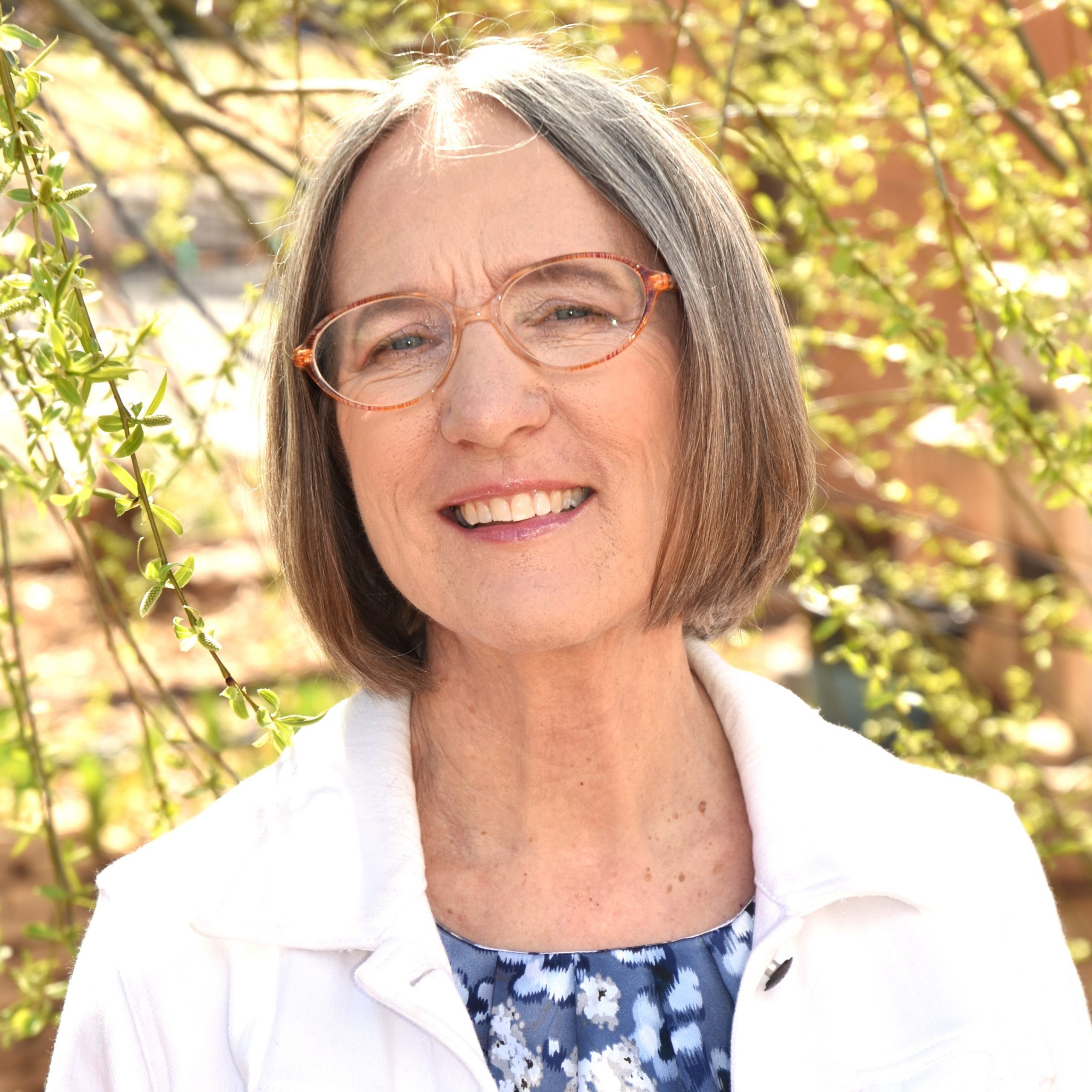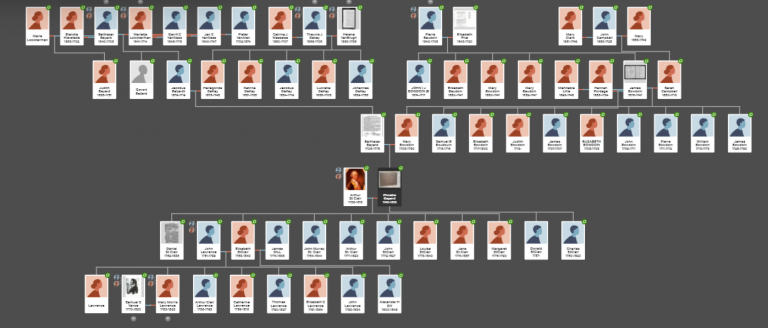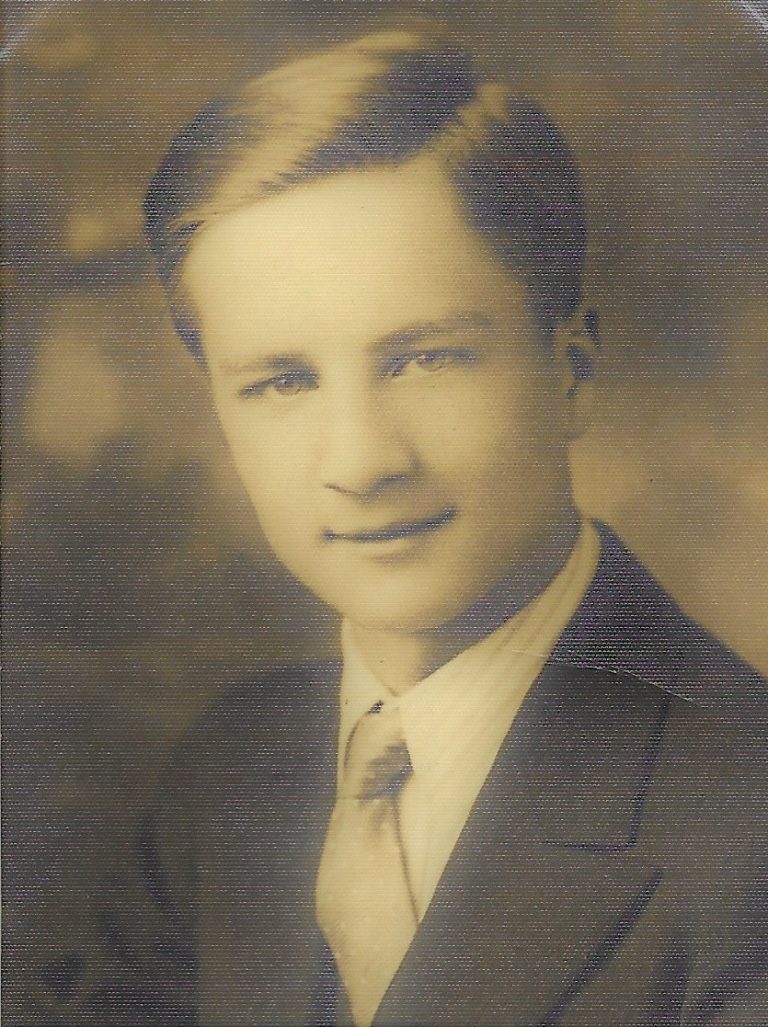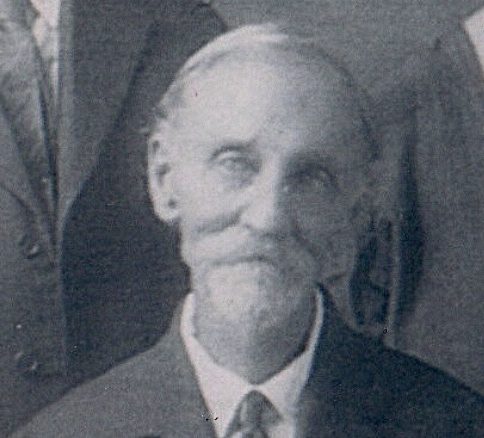Too often we think of those who returned from World War II as the Greatest Generation, a group of men and women who fought a brave and noble war and returned home, strengthened and prepared to create the idyllic, prosperous years of the 1950s. But they came home with their scars, missing parts of themselves, physically or emotionally.
Those who stayed home didn’t want to know about their experiences. Those of us who came later often didn’t think to ask until it was too late. My father would not tell me, as a child, about his experiences of war. My mother didn’t want him to. And although I would have liked to hear about it later, I didn’t take the time to listen. I was busy building a life of my own. He died before I was in a place to hear.
I do know that a few of my generation heard stories of valor and bravery, told by men and women who wanted to remember it that way, who wanted to forget the fear and suffering. Others experienced the suffering through parents who could not suppress it, whose lives had been changed so profoundly that they carried it with them in their everyday actions, trying to drown it in alcohol or finding it burst out of them as anger or depression. But that wasn’t the way of it in those early years after the war. Mostly they dealt with it privately, possibly sharing it at reunions, VFW, or Reserve meetings, but going on with the life that was expected of them.
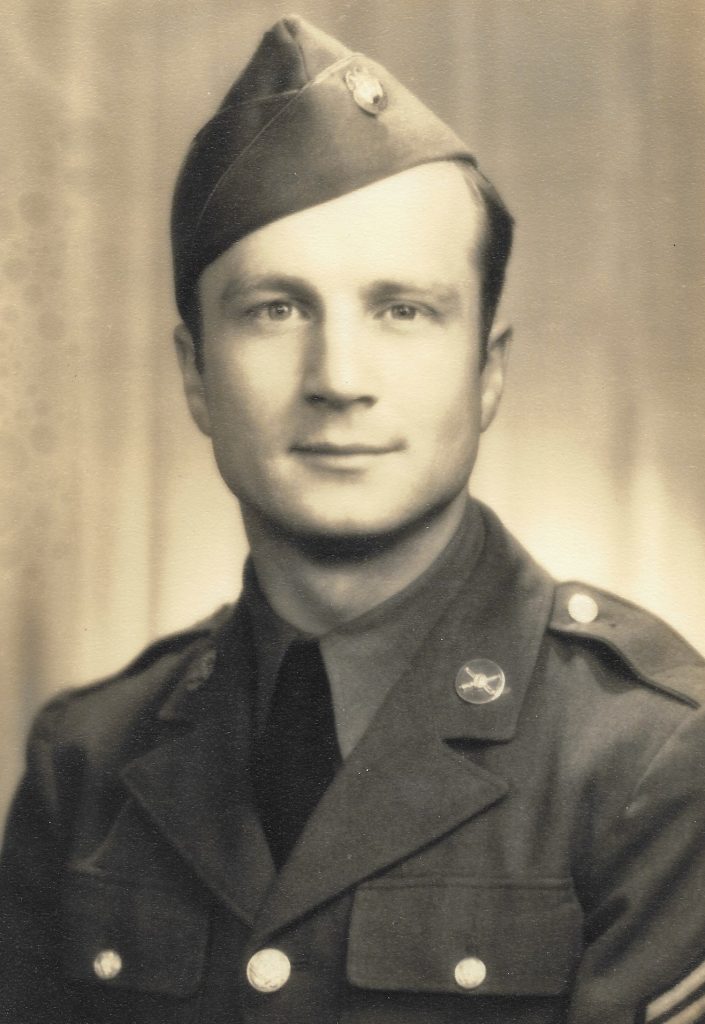
So those who returned from Viet Nam, Iraq, or the other undeclared wars of our time, a time when men do talk about their feelings, didn’t have a path to express their reactions. Thought they were the only ones experiencing PTSD. Didn’t know who to turn to. Obviously, it had been there – shell shock, battle fatigue, whatever they called it. But that only happened to the few, the weak.
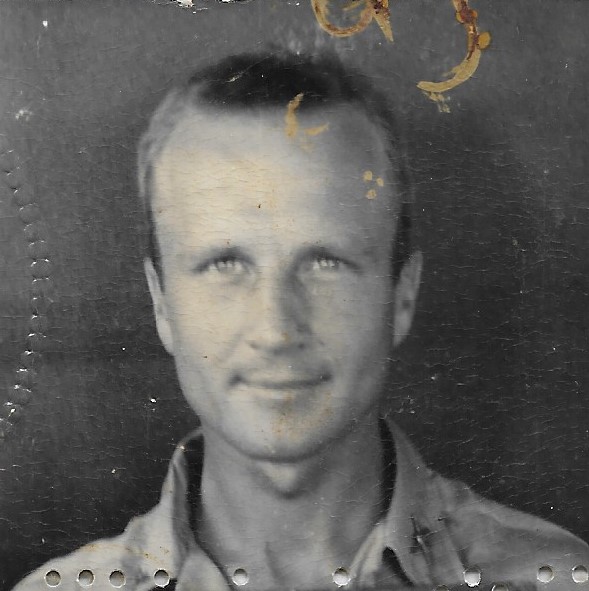
Yet these photographs show a different story. The first picture, Corporal Doxon, whose promotion coincided almost exactly with the Pearl Harbor attack. Young, hopeful, ready. The second picture, Captain Doxon as he was discharged from the army in 1946, after serving as an antiaircraft artillery officer, MP officer, and commander of Kobe Japan in the early days of the occupation. The war shows in his face. Yet only a few months later he was a cheerful, round-faced high school teacher, moving toward three kids and a wife, a three-bedroom house, big front lawn, station wagon in the driveway. One of those who gave it all they could, then left the war over there – mostly.
